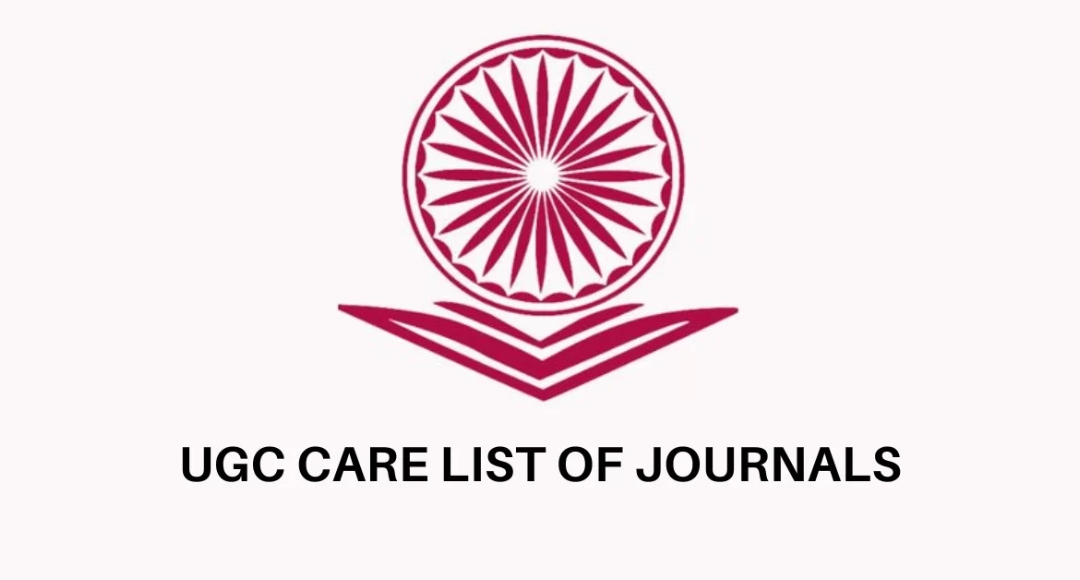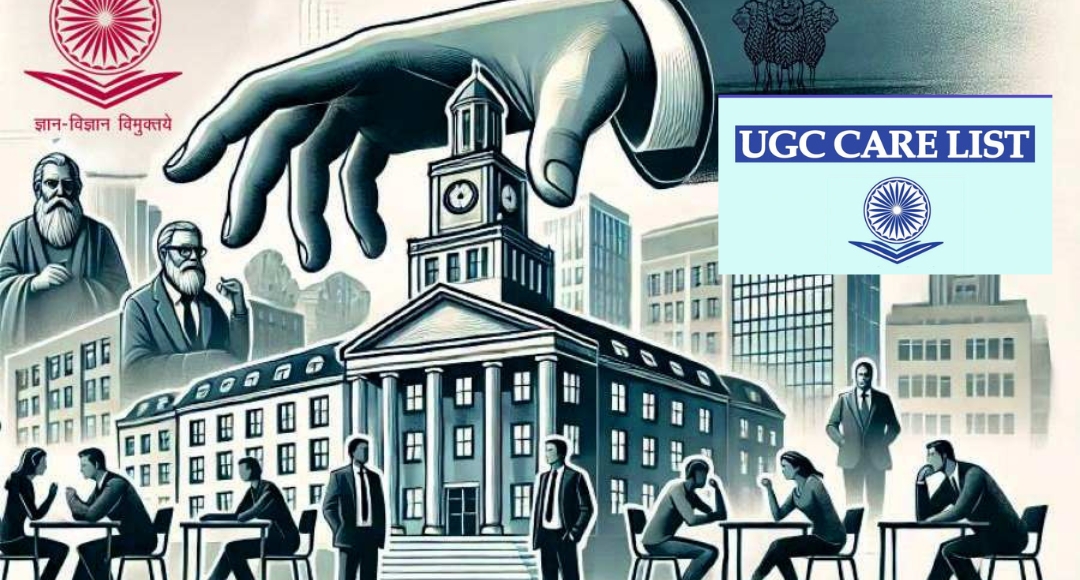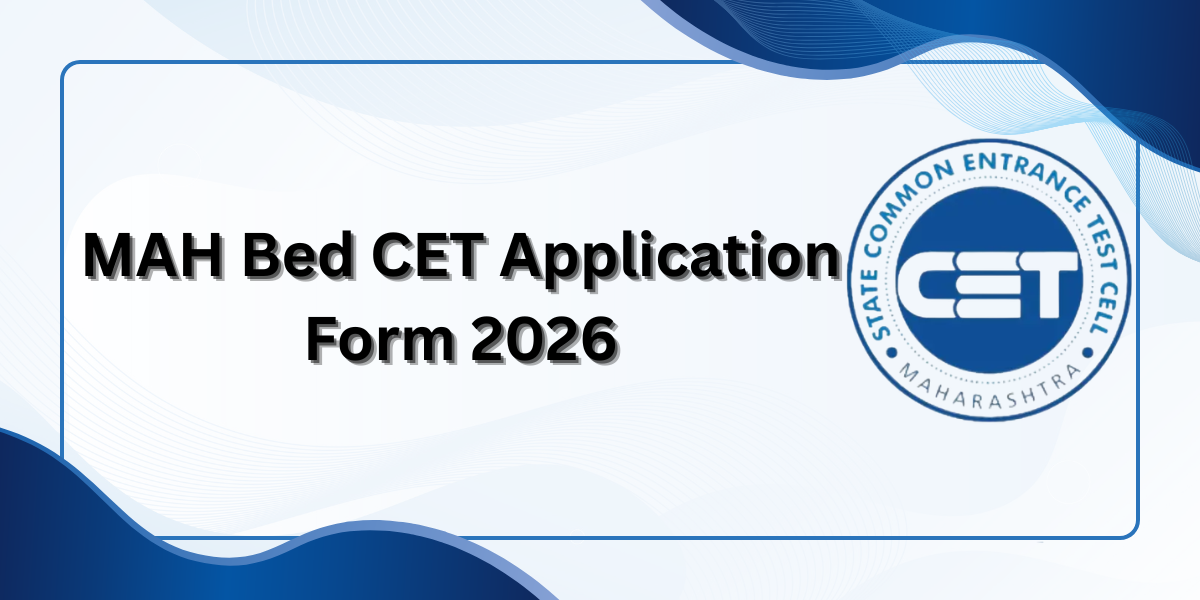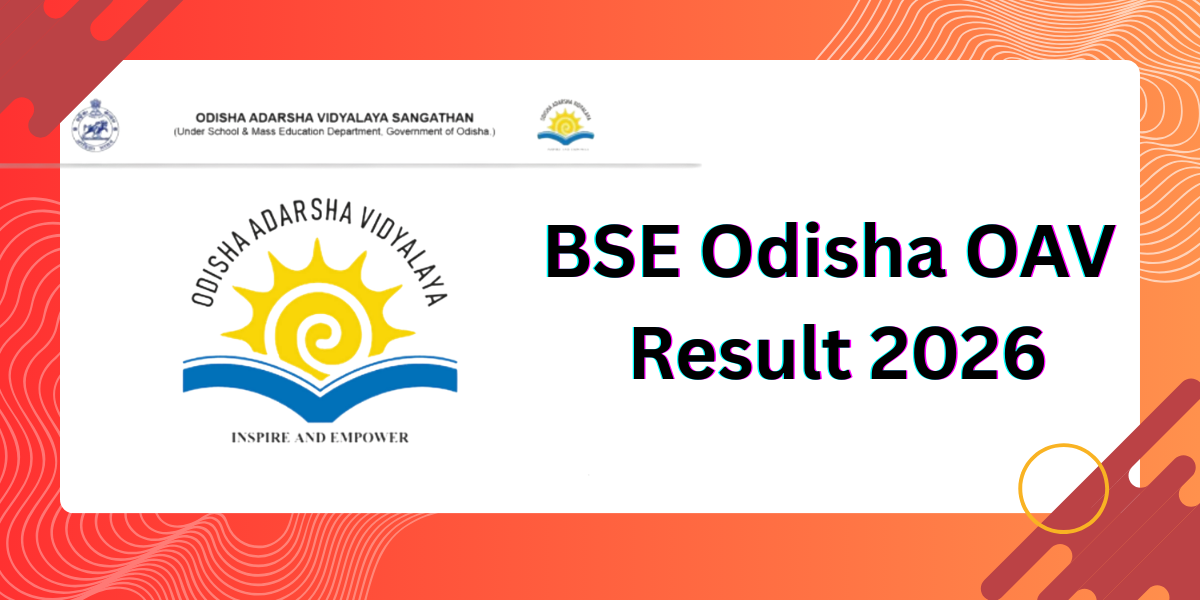Hello Friends, Big changes are happening in the world of academic research! If you’re a student, researcher, or faculty member, you must have heard about the UGC Scraps CARE List the go-to list of approved journals for academic publishing. But here’s the big news: UGC has officially discontinued the UGC Scraps CARE List This decision comes after growing concerns about its subjectivity, lack of transparency, and limited coverage of Indian language journals.
Why Did UGC Scrap the CARE List?
Instead of the centralized UGC Scraps CARE List system, the University Grants Commission (UGC) has introduced new guidelines that will allow universities to develop their own systems for choosing quality journals. Let’s dive into why this change happened and what it means for the future of academic research in India. For years, the UGC-CARE list was used for faculty promotions, research funding, and academic credibility. However, many researchers found the system frustrating. Some key issues included:
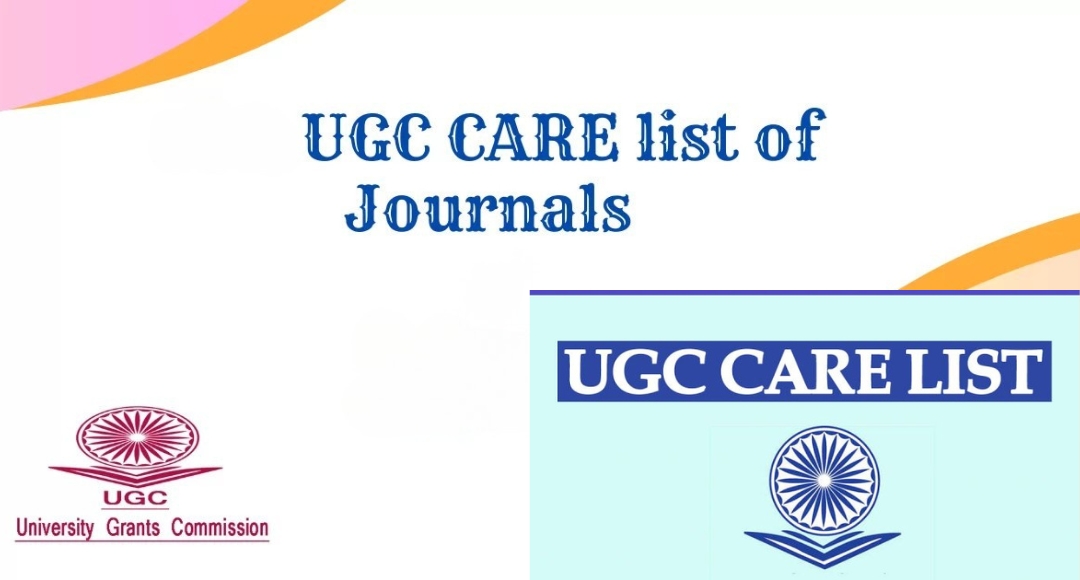
- Lack of transparency: The criteria for adding or removing journals were unclear.
- Sudden journal removals: Researchers often faced setbacks when journals were removed without notice.
- Limited Indian language journals: The list did not sufficiently cover research published in regional languages.
- Issues in non-STEM disciplines: Non-science fields struggled with unfair evaluations, making it harder for their research to gain recognition.
After receiving continuous feedback from scholars, the UGC formed an expert committee to analyze the flaws of the CARE list. The committee found that the subjectivity in journal selection was harming academic freedom and limiting research opportunities.
The New Approach: More Freedom, More Responsibility
The UGC has now shifted to a decentralized model, giving universities and researchers more control over where they publish their work. Instead of relying on a single approved list, universities will be guided by UGC’s new framework for journal selection. This means:
- Universities can create their own systems to evaluate journals.
- Researchers will have more flexibility and academic freedom in choosing publication platforms.
- The burden of following a restrictive list is removed, making it easier to explore new and emerging research fields.
However, this also brings new challenges. Without strict oversight, universities must be cautious about predatory journals—those that charge high fees but lack academic credibility.
How Can Researchers Choose the Right Journal Now?
With the CARE list gone, the responsibility now falls on professors, mentors, and institutions to help young researchers avoid low-quality or fake journals. UGC has advised universities to:
- Set up internal committees to assess journal quality.
- Educate students and faculty on high publishing standards.
- Encourage collaboration with experienced professors to guide journal selection.
The Road Ahead
UGC’s new guidelines are designed to promote transparency, academic freedom, and quality research. While some concerns remain, this shift can open doors for more diverse, inclusive, and meaningful research contributions in India. Researchers are encouraged to share their feedback on these new guidelines by February 25, ensuring that the system works for everyone. This is a major turning point, and your voice can help shape the future of academic publishing!
Disclaimer: This article is for informational purposes only. The details provided are based on available reports and official UGC announcements. Researchers and faculty members are advised to check the latest updates from UGC before making any decisions.
Also Read:
Union Budget for 2025-26: Significant Allocations Aimed At Strengthening India’s Education Sector
Education at Risk 100 School Projects in J&K Await Completion
Education on Hold 100 School Projects in J K Face Uncertainty
